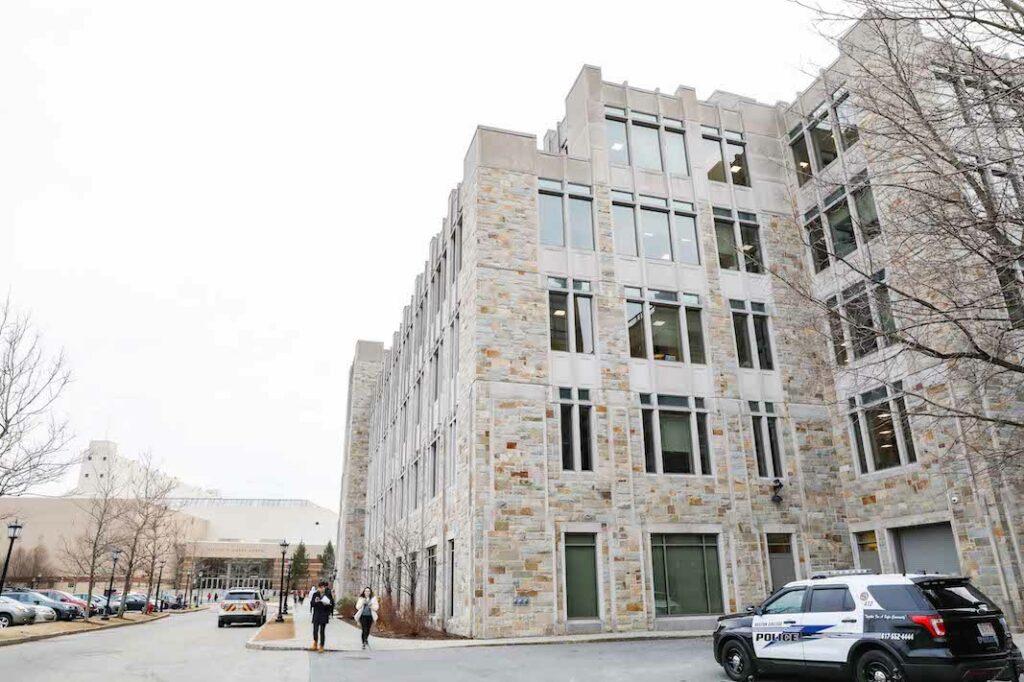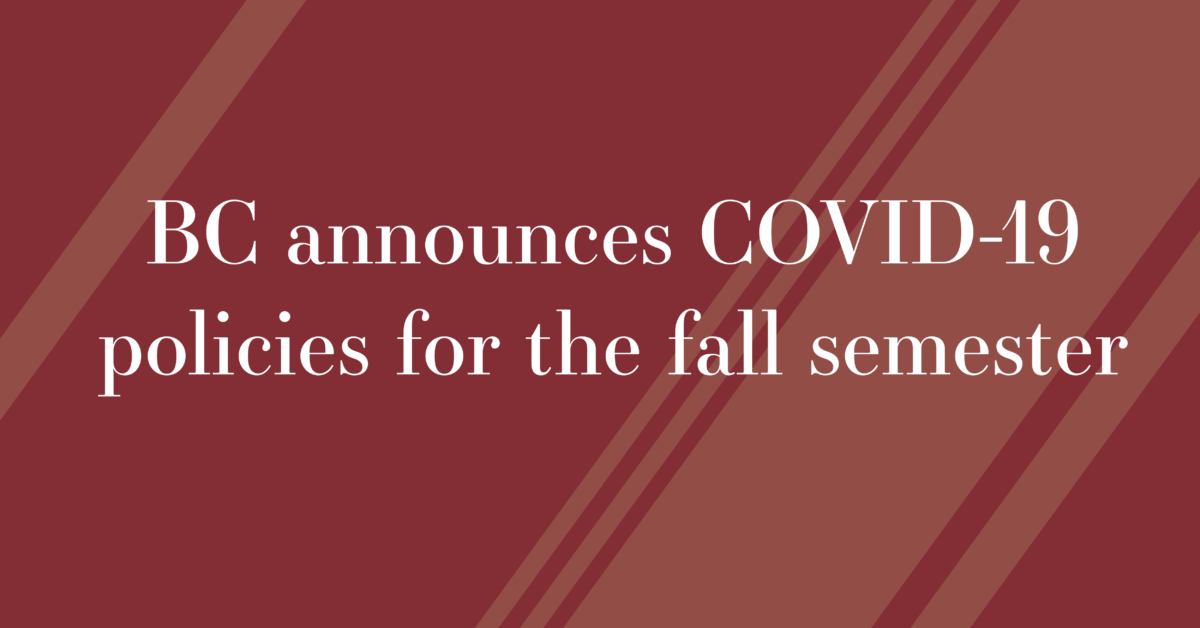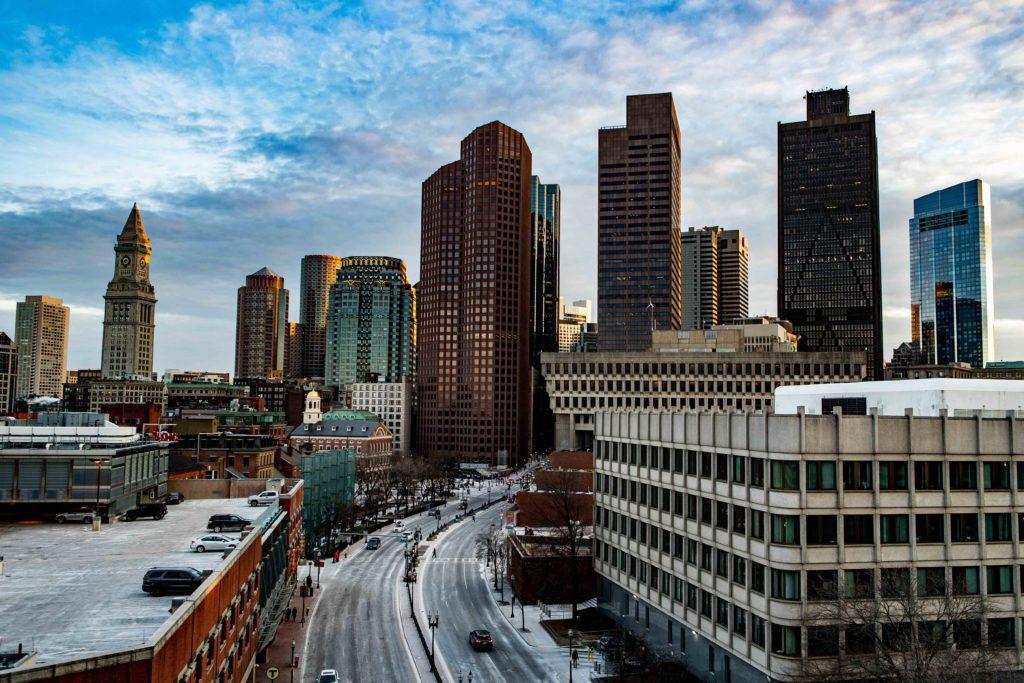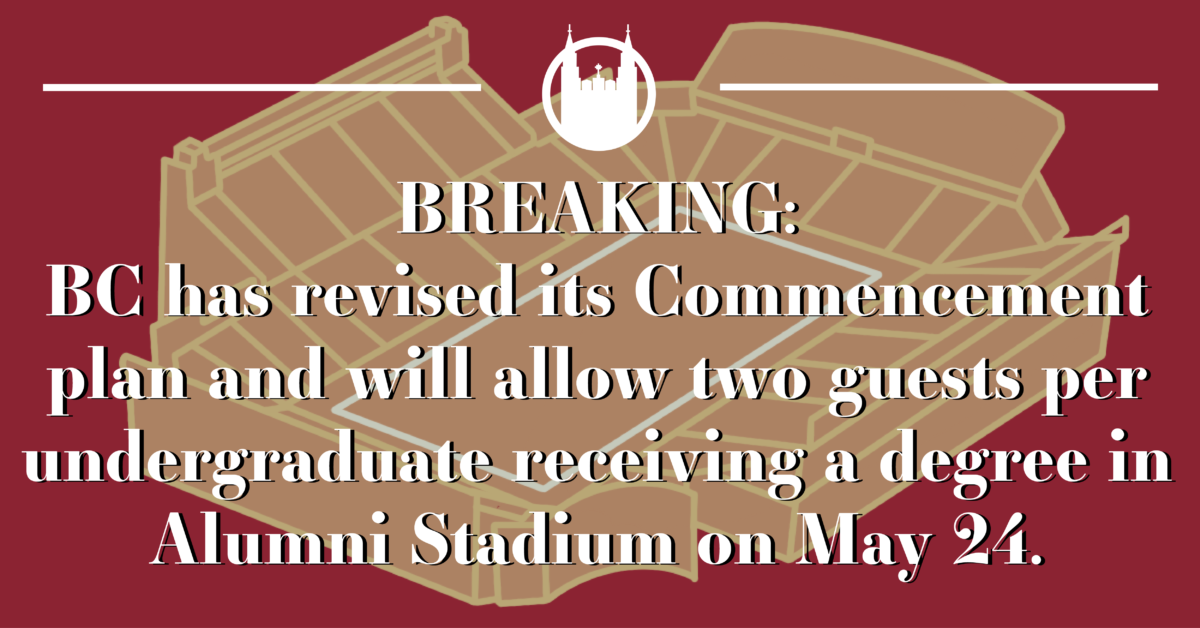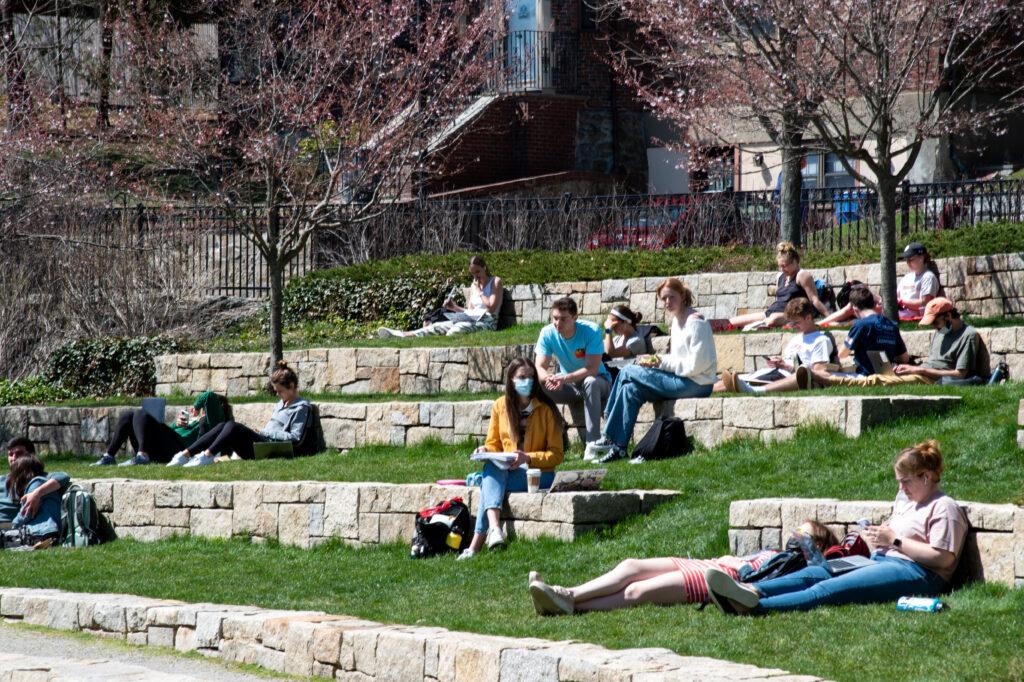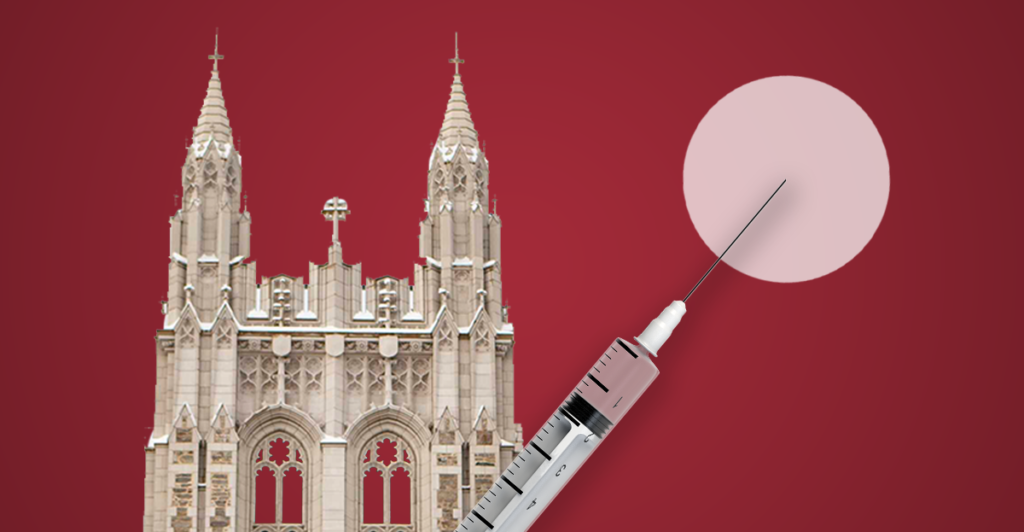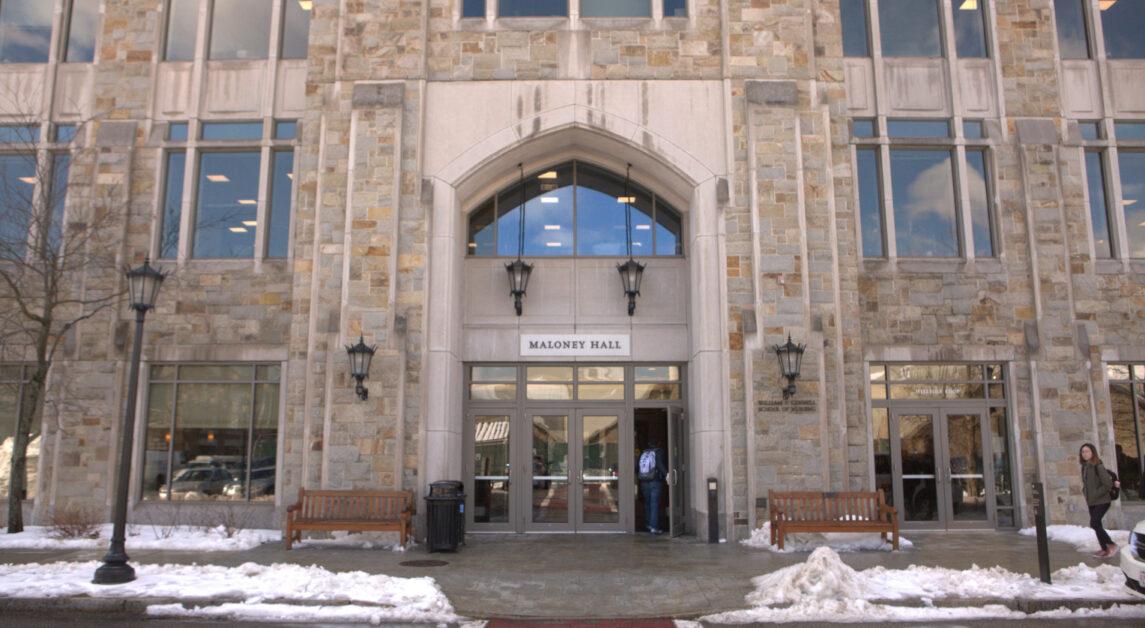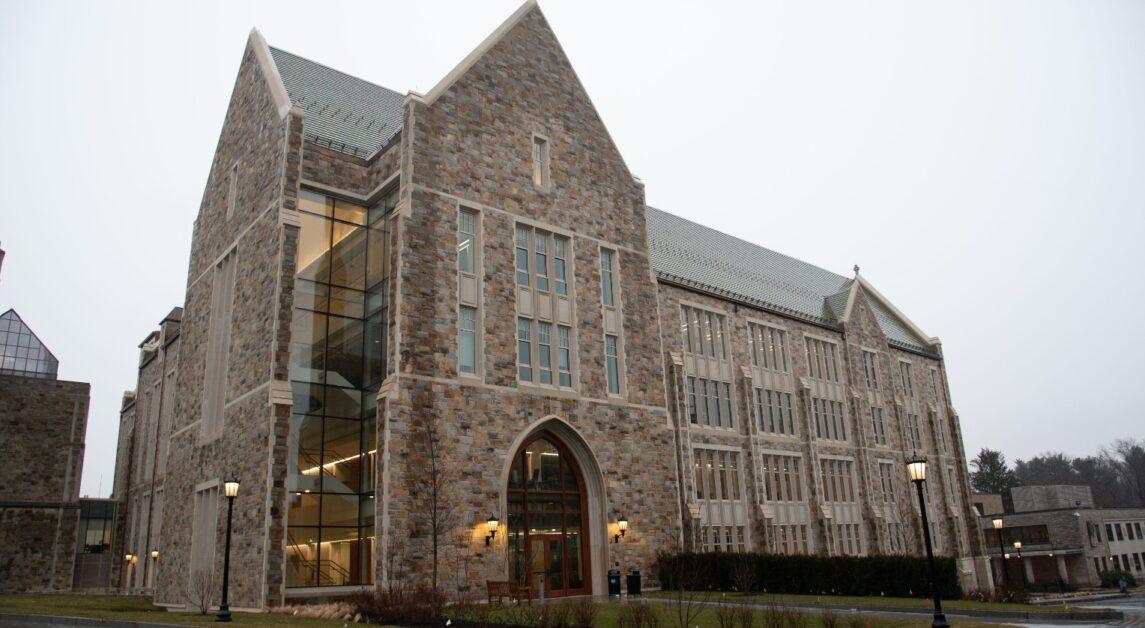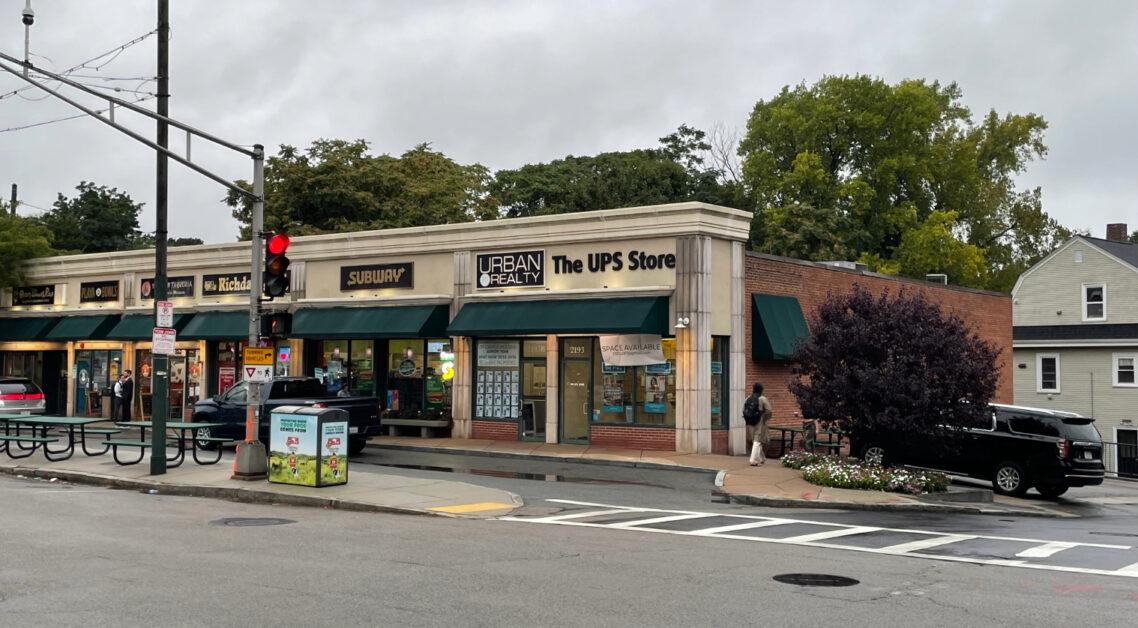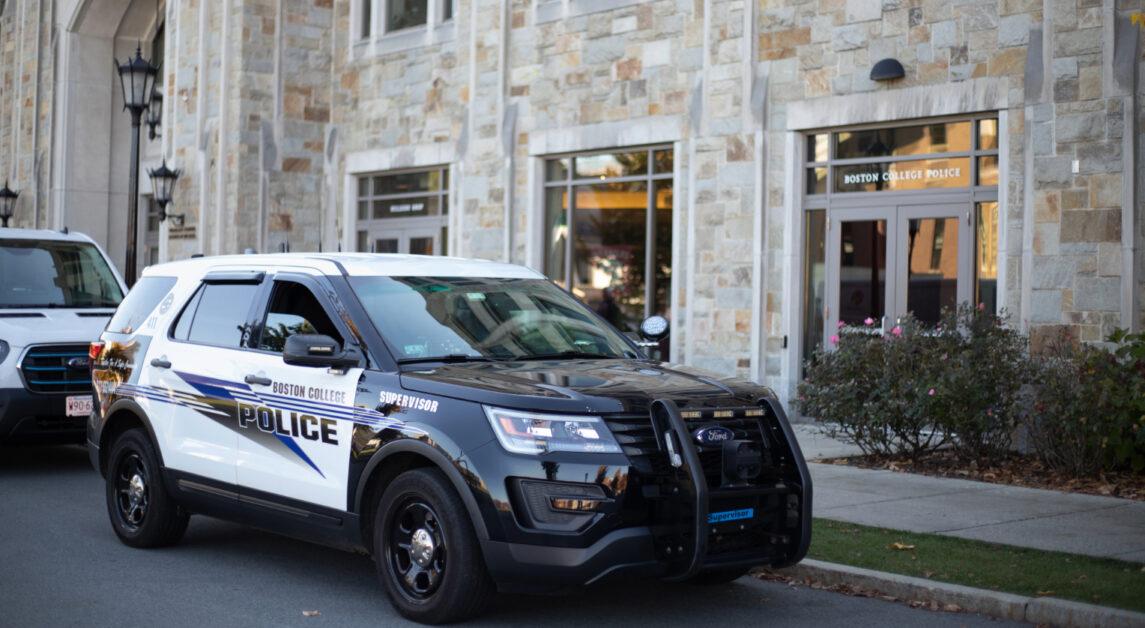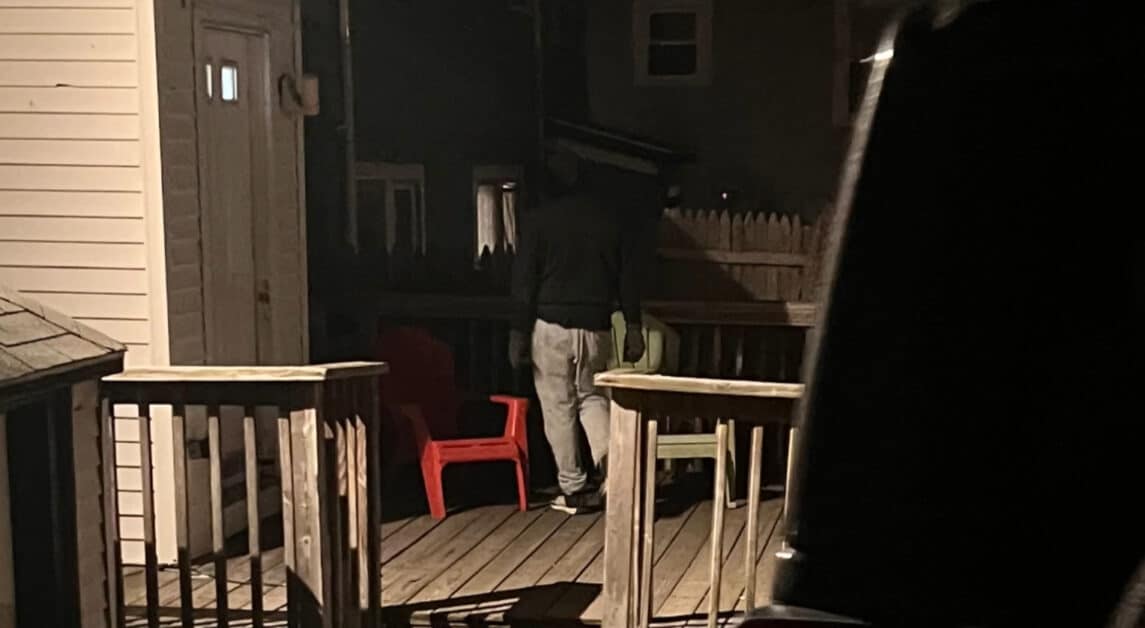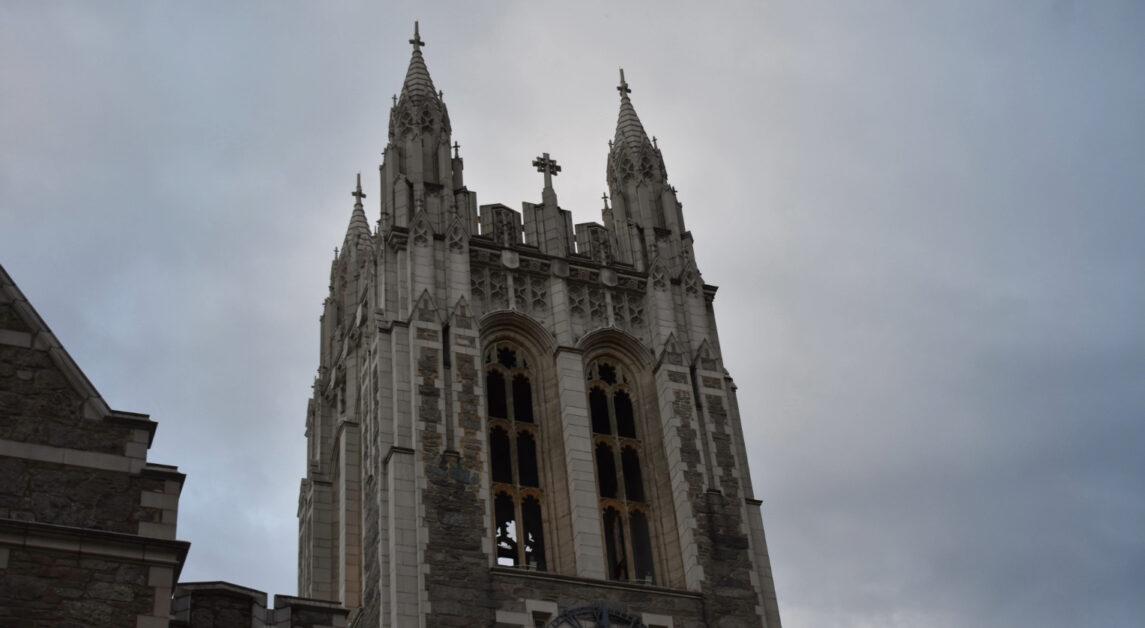BPD will help patrol off-campus neighborhoods near campus on Thursday, Friday, and Saturday nights—as it has for about two decades—but the number of officers hired will not be any different from recent years, Associate Vice President for Student Engagement and Formation Tom Mogan said at a webinar on Aug. 20.
Mogan said at the webinar that University-contracted BPD officers will be placing an increased emphasis on shutting down student parties.
“We are not necessarily increasing policing in the area, but they will … be more vigilant about following through on more conduct,” he said. “If large gatherings are taking place in the neighborhood, there will be a little bit more of an increased emphasis on staying up in the area and so forth.”
But Chief of the BC Police Department Bill Evans told The Boston Globe last month that officers will continue to follow normal protocol and would not be taking a more aggressive approach this year when it comes to policing student behavior off campus.
Neither Mogan nor Evans responded to a request for comment from The Heights about the role Boston police will play in monitoring off-campus gatherings this year.
As the semester draws nearer and students flock to campus, BC has emphasized that students living off campus are subject to the same rules as residential students, particularly regarding the ban on large gatherings and parties.
For students who violate these rules, the University will enforce penalties including loss of housing privileges for the next academic year and possibly suspension, Vice President for Student Affairs Joy Moore said at the Aug. 20 webinar. Moore emphasized in an email sent to parents on Aug. 24 that any student who hosts or even attends any parties will be subject to these disciplinary sanctions.
“What we’re saying about what can and cannot happen on campus is the same for those who are living off campus,” she said at the webinar.
The University will be doubling down on its student conduct policies from the outset of the semester in order to prevent the situation from getting out of control, Moore said.
“We are going to take a really tough stance, and we have to from the very beginning, because if we start off by being sort of wishy washy about it, then we know where that’s going to take us, and we don’t want that,” she said.
Moore referenced other universities that have struggled to contain cases of COVID-19 since reopening, including the University of North Carolina at Chapel Hill. UNC closed residence halls and moved classes online after an increase in positivity rate to 13.6 percent eight days after classes resumed, according to The Daily Tar Heel.
Moore emphasized the consequences for students violating the University’s rules.
“So all the juniors who are off campus, and who want to return as seniors, if you’re going to have a party and it’s discovered, then that could be a possibility that you will lose your housing opportunity for senior year, so keep these things in mind,” she said.
Student newspaper editorial boards at other universities have criticized their schools for placing the blame for outbreaks on students, saying that their universities’ reopening plans are at fault as well.
The editorial board of The Observer—the student newspaper for the University of Notre Dame, Holy Cross College, and St. Mary’s College in Notre Dame, Ind.—wrote that Notre Dame’s administration has largely blamed the school’s outbreak on students who attended parties off campus.
“While this isn’t entirely misplaced, it has been used to deflect responsibility from the very administrations that insisted they were prepared for us to return to campus,” the board wrote. “Clearly, they were not.”
The University of Notre Dame temporarily moved classes online on Aug. 18 after a large influx in cases and is reporting nearly 600 cases among its students and employees at the time of publication.
Allston-Brighton City Councilor Liz Breadon wrote an open letter to University President Rev. William P. Leahy, S.J., and Boston University President Robert Brown last month in which she expressed concern about the off-campus students who were returning from places that were experiencing COVID-19 surges across the country.
Breadon also sent out an email to members of the AllstonBrighton2006 homeowners group saying that she had requested that the City bring back the “PartyLine,” a number for residents to call to report partying. She said she believes residents will be hesitant to call 911 to report student off-campus gatherings in the residential area, and would feel more comfortable calling the PartyLine.
Frankie Littleton, MCAS ’22, said that her roommates are planning to be vigilant and careful about remaining safe this semester while living off campus. She said she believes that stories of other campuses having to send students home early due to outbreaks of COVID-19 will have an effect on students.
“I absolutely think that the stories about other schools will make people more careful,” she said. “My housemates and I have been talking about it and are already planning to take it really easy, at least at the beginning, and we’re making sure that everyone who comes into our house isn’t sick and hand sanitizes.”
Douglas Nie, MCAS ’22, also said that his roommates were planning on social distancing and that BC’s rules don’t really change how they’ll act this semester, though he recognized that not everyone may feel the same way.
“I know most of my roommates and the people that I’ve talked to are still kind of concerned about maintaining social distancing, and so none of them were planning on necessarily having large social gatherings like big parties,” he said. “So I feel like it wouldn’t impact that many people, but I guess for some people, like party animals or people that, say, enjoy large parties, I guess they’d be impacted more.”
Nie said that he believes students will have small gatherings, but isn’t sure if they’ll go as far as to throw large parties that are against the rules mandated by the University.
Littleton had mixed feelings regarding BC’s decision to continue its relationship with BPD, even without an increase in officers.
“Well for selfish reasons I’m kind of glad that they didn’t [hire more officers], but to be honest the greater wellbeing could probably benefit from more enforcement on social distancing,” she said. “Although, I’m not sure police are the best way to do that. I personally don’t have the best feelings towards the institution, so I think a different method like fines would be better.”
Featured Image by Maggie DiPatri / Heights Editor

